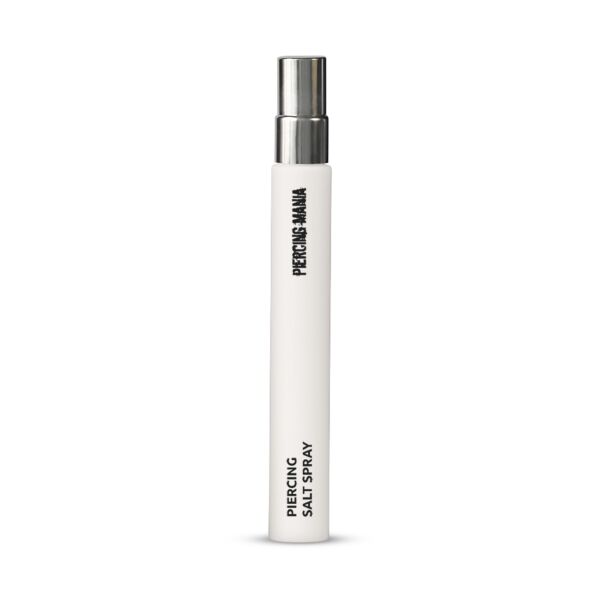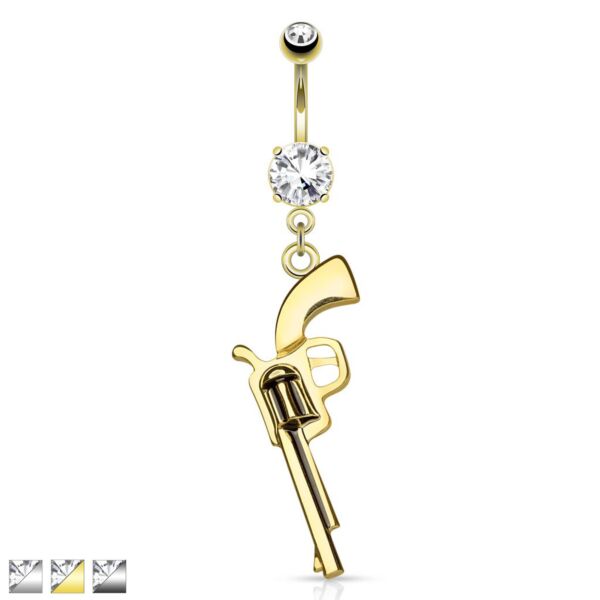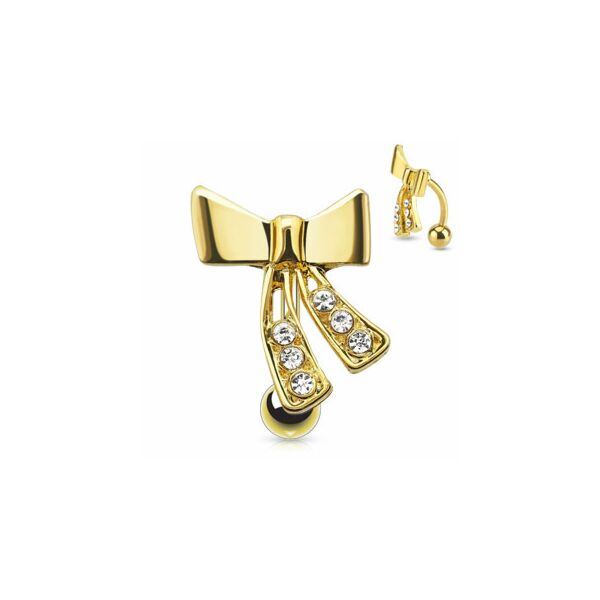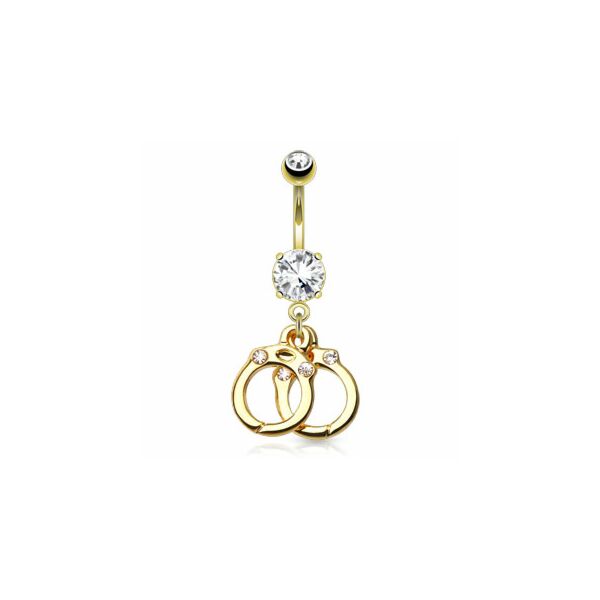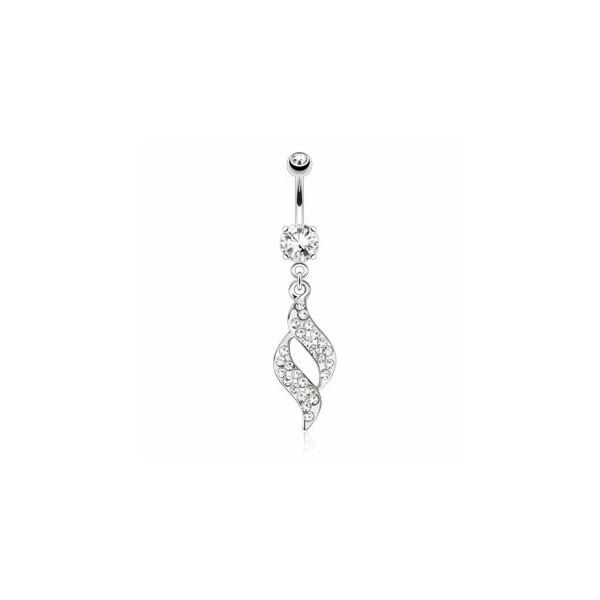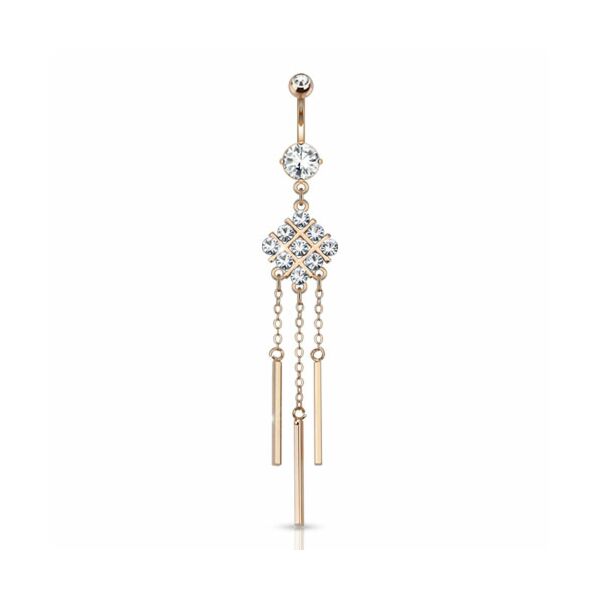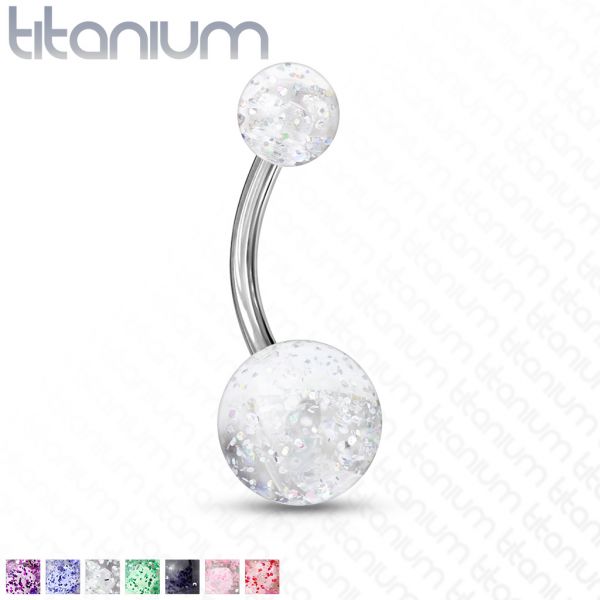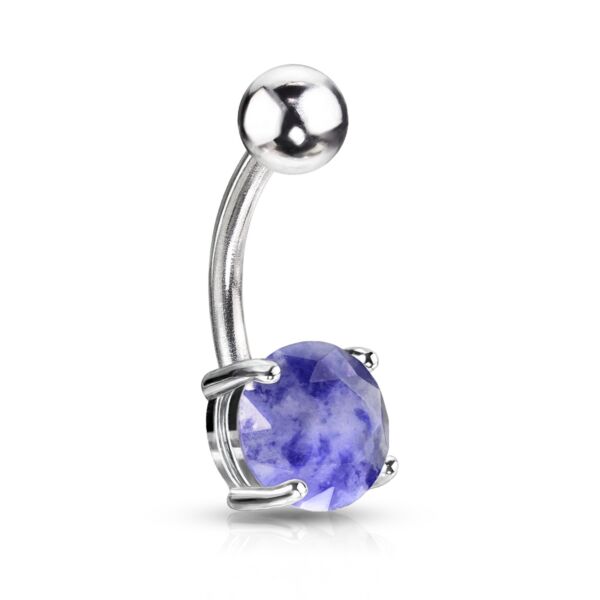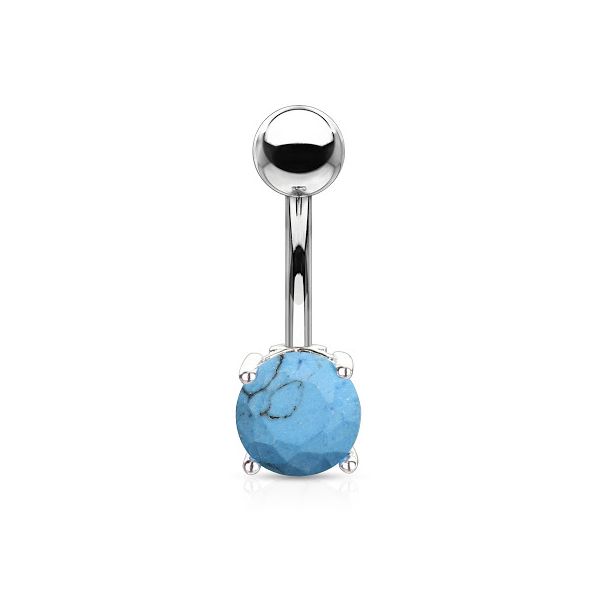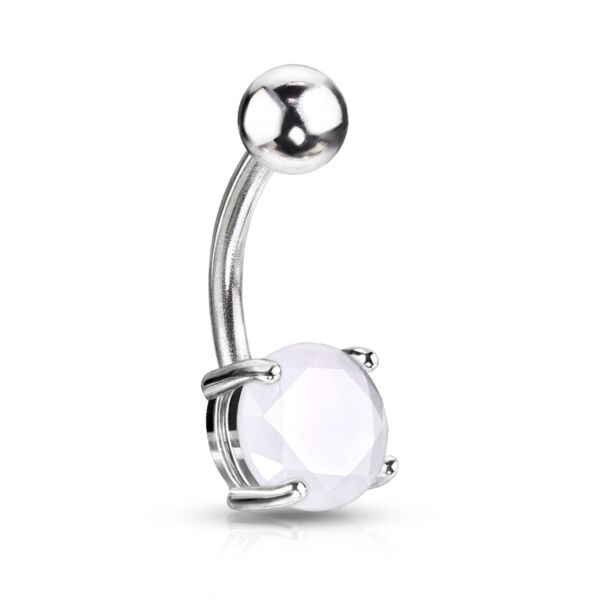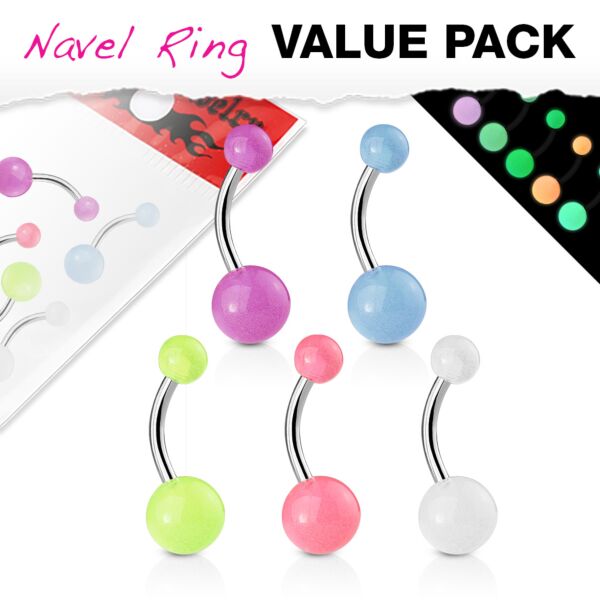Belly Bar
Belly Bar Shopping Guide
Before shopping for a new belly bar, check out our shopping guide for more information about belly bars.
You can use the filters to search for specific sizes, materials and belly bar types when browsing for new belly jewellery.
Use the table of contents to quickly jump to the section you want to read.
Jump to:
Standard Belly Bar Sizes
The standard sizes for a belly bar are 10 mm in length and 1.6 mm in thickness. However, if you’re unsure what size you need, we recommend measuring the piercing you’re currently wearing.
There are also other options for the thickness or length of a belly bar. You can find more information about the alternative sizes below.


Alternative Belly Bar Sizes
Although the default thickness is 1.6 mm, some people may need a 1.2 mm thickness for their belly bar.
The most common alternative lengths are 8 mm or 12 mm, but we also have some belly button piercings in lengths of 6 mm and 11 mm.
There are also many belly bars with an interchangeable bar. If you’d like to change these bars to a different length, or upgrade it to a nickel-free titanium bar, you can find loose bars in the accessories section.
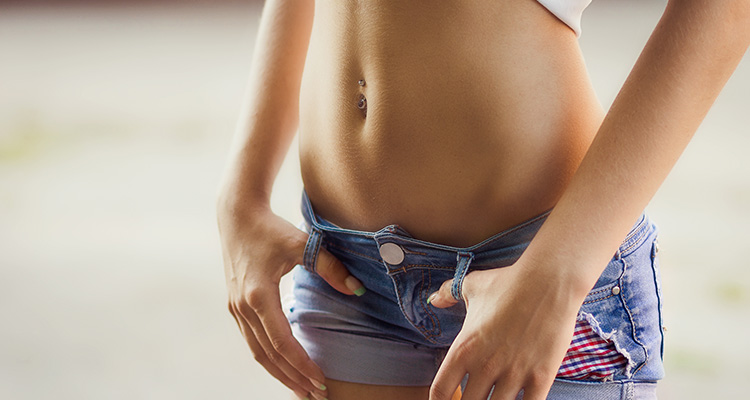
Fragile Belly Bars
There are so many different designs available there is definitely something for everyone. Please note that some types of belly bars can be quite fragile.
When wearing a belly bar, you don't want to think about your jewellery catching onto a piece of clothing and causing severe harm. Many belly piercings are specifically designed to break when too much pressure is applied to avoid accidents. Although a piece of mind, this also may result in unwanted broken belly bars.
Dangling belly jewellery is very popular. The more crystals, figurines or dangling parts there are, the more vulnerable the piercing. Wear oversized dangling belly piercings only for short periods of time.
The classic design with a simple ball is great for everyday wear and can be more durable than the dangling designs. Please note that figurines and crystals are often glued to the bar, so they can be a bit more fragile.
Belly Bar Materials
Belly Bars come in various materials. Learn more about the differences below.
316L Surgical Steel
flip for more info
316L Surgical Steel
The most common material for belly bars. 316L surgical steel is a high-quality steel with a silver colour. 316L surgical steel contains trace amounts of nickel and may be sensitive to discolouration when brass is added.
Titanium
flip for more info
Titanium
One of the best materials you can buy. Titanium belly bars won’t tarnish and are completely nickel-free. This material is also used as the initial piercings when getting pierced.
Acrylic
flip for more info
Acrylic
Acrylic is both colourful as well as affordable. Acrylic belly bars are great for a lightweight and comfortable option. Every belly bar collection could use a few of these.
14 Kt. Gold
flip for more info
14 Kt. Gold
Choose a fabulous yellow or white gold piercing for your new eye-catching belly jewellery. There are lots of different belly bars available in 14 karat gold, often in both yellow and white gold. With a little care, your real gold belly bar remains stunning.
Belly Piercing Aftercare
A daily aftercare routine is advised for your new belly piercing. A simple salt solution like our Salt Spray can help keep your new piercing clean. If you are experiencing minor inflammation, you could use one of our products containing tea tree oil. Our Piercing Healing Kit is a complete aftercare product set to assist with the healing process.
You can also take a look at our piercing butters for moisturizing and to avoid future issues.
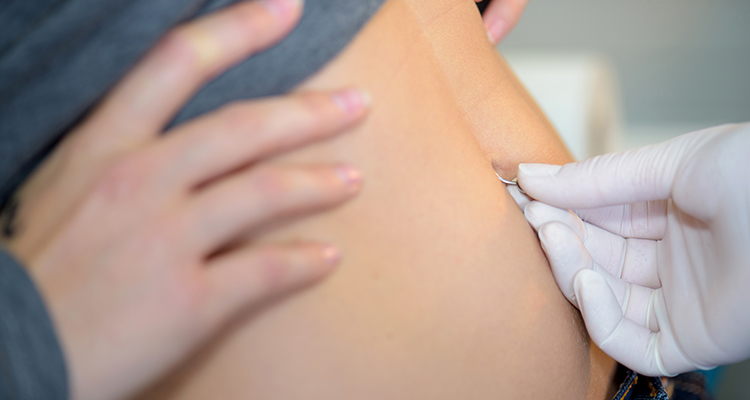
Get a Belly Piercing
Are you considering getting a belly piercing? You may still have some questions. How long can it take to heal and what else should you know before getting pierced?
Read more about getting pierced so that you can make a well-informed decision.














